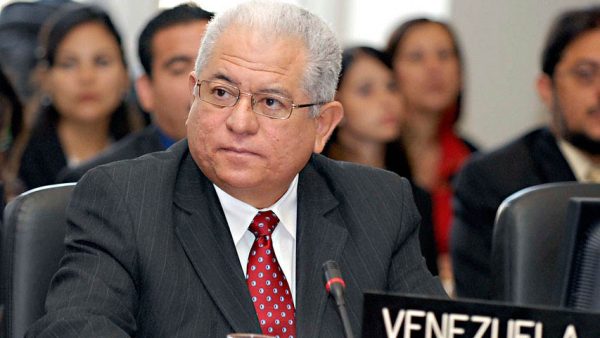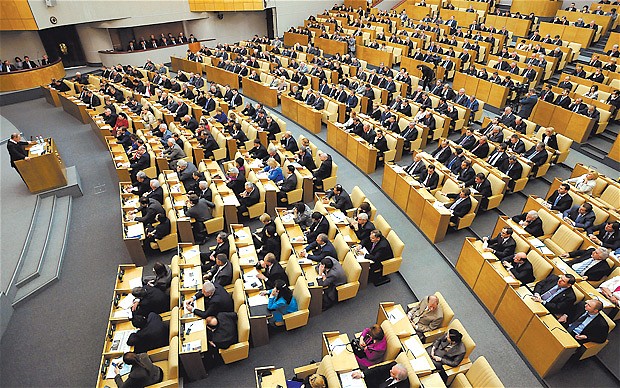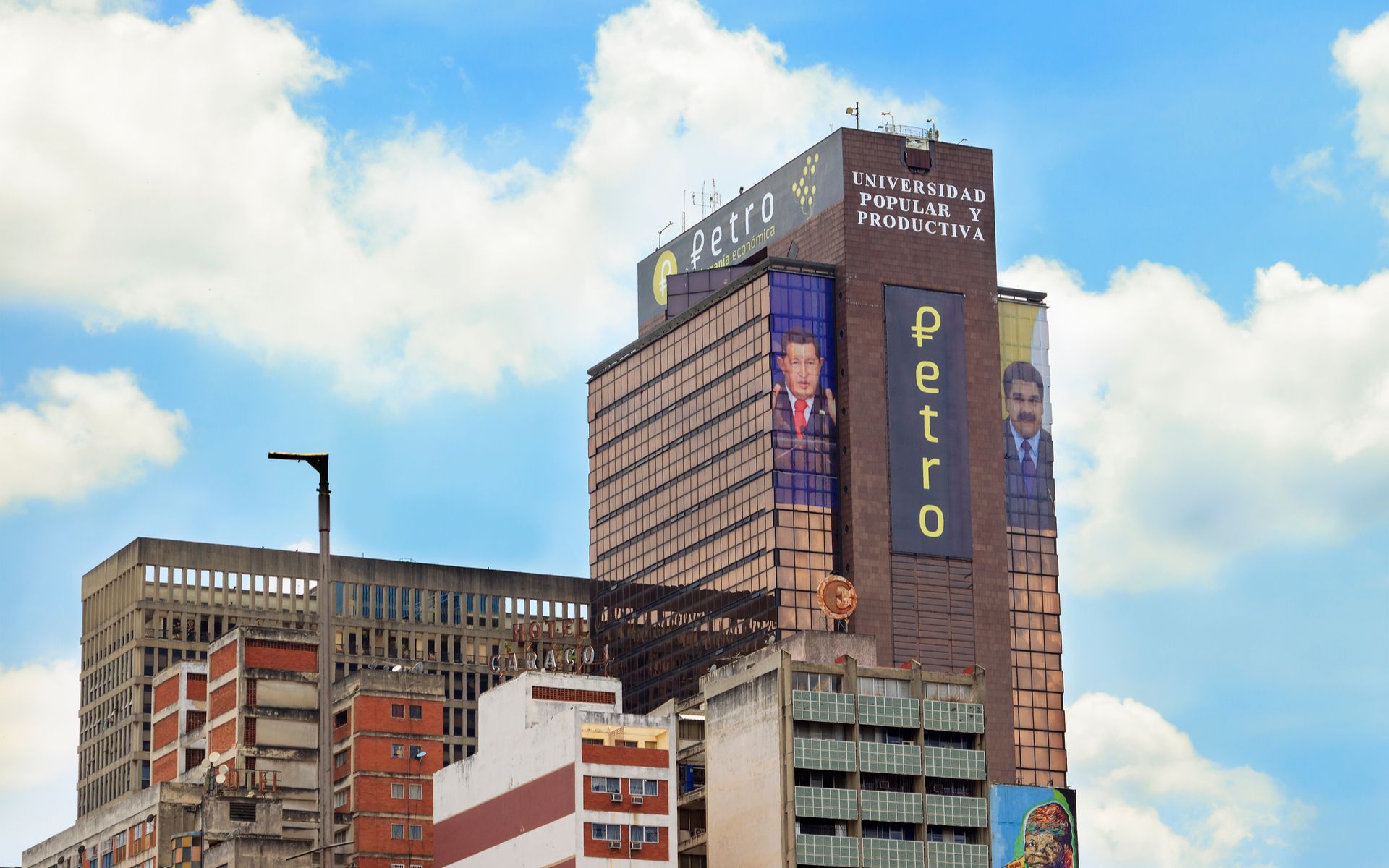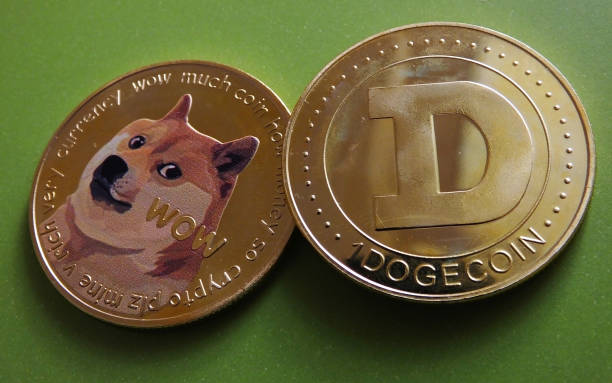Venezuela and Russia are in talks to switch over to the ruble for trade after trying the ‘El Petro’ cryptocurrency, a UN ambassador has revealed.
Venezuela and Russia ‘Currently Trying’ El Petro
As Bitcoinist reported last December, Russian officials were introduced to El Petro but stopped short of confirming that it was going to be used.
“Representatives from our tax service and central bank… got acquainted with the cryptocurrency (Venezuela) is currently introducing,” deputy finance minister Sergey Storchak said. “But no more than that. As for payments, they’re not happening yet.”

Now it appears that some transaction have at least been tried, according to a Venezuelan ambassador.
On Friday, May 17, Venezuelan UN ambassador, Jorge Valero, said:
We are currently trying to transact using other currencies including the cryptocurrency El Petro, which we created.
However, Valero didn’t share any further detail about El Petro, a purported ‘cryptocurrency’ that has been widely criticised for its lack of transparency and centralisation by the Venezuelan government.
Even members of the Russian Duma have voiced concerns about this ‘experimental’ digital token.
Digital economy committee member, Arseniy Poyakov, previously stated:
The national cryptocurrency of Venezuela was and still is a bold experiment. Generally speaking nothing changed much since. It wasn’t backed by anything except beautiful words then, and this hasn’t changed.
US Sanctions Forcing Countries to Crypto
In March, the US introduced new sanctions against a Russian bank for working with Venezuelan President Nicholas Maduro and the national oil company PDVSA. The US also alleged that the Russian bank attempted to bypass sanctions using ‘El Petro.’
Replying to a question on whether Venezuela will ask Russia for help, Valero said “we always have support from Russia and our relationship is multifacted.”

The ambassador also noted that that US sanctions against Venezuela have negatively impacted the country’s economy. In result, Caracas was forced to seek alternative ways to access global markets and oil investments as well as to service its national debt.
Venezuela Prefers Bitcoin Over Petro
But it’s not only Russia that’s not too impressed with the ‘Petro’ cryptocurrency. Though it has the marking of a ‘crypto’ with a block explorer and an official website, while offering the ability to pay for government services, the digital token is completely controlled by the state.
The block explorer also shows just 42 nodes supporting the network. The consensus algorithm used – whether it’s proof-of-work etc. — is also unclear.
Uptake, therefore, has been nonexistent despite attempts by Maduro to woo investors. As reported by Bitcoinist, Venezuelans have largely shrugged off the Petro. Instead, bitcoin adoption is rapidly spreading in the country. Bitcoin provides Venezuelans a way to transact globally bypassing sanctions and capital controls.
In fact, it is now a common occurrrence to see LocalBitcoins volumes climb each week.

Earlier this year, Bitcoinist reported on the US-backed opposition leader Juan Guaidó who proclaimed himself as the interim president of Venezuela. Interestingly, Guaidó is familiar with cryptocurrency technologies and has been promoting Bitcoin since at least 2014.
Will any country use the Petro to trade with Venezuela? Share your thoughts below!
Images via coin.dance, Shutterstock











